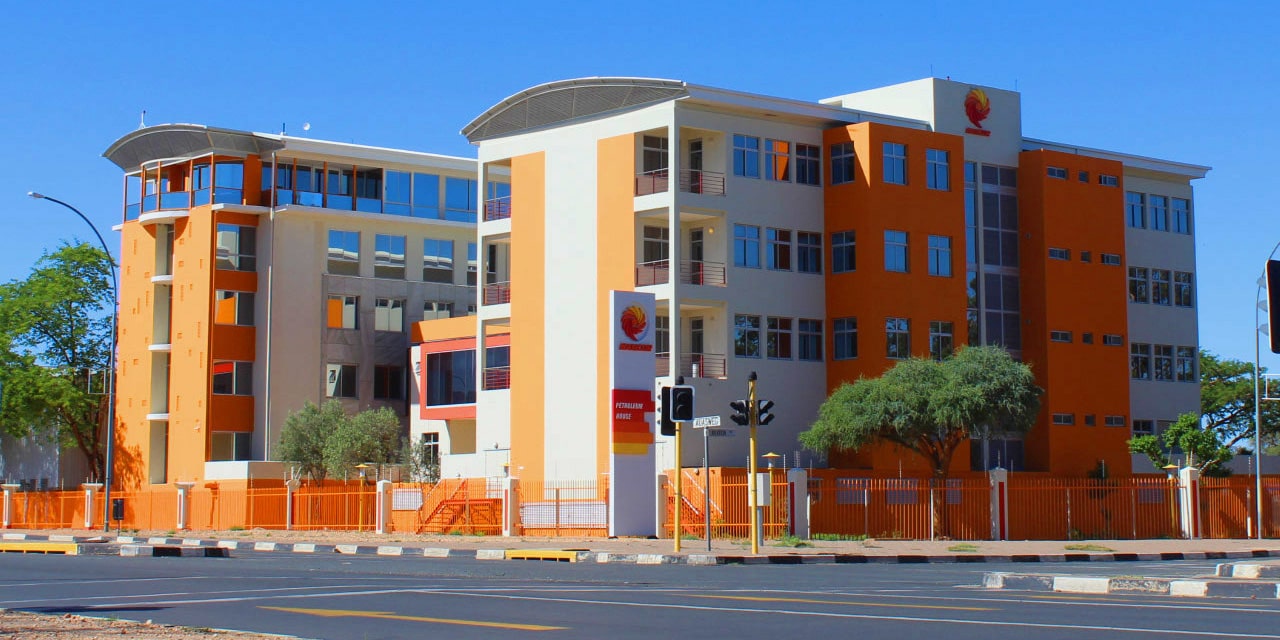Niël Terblanché
Shell has confirmed the discovery of more oil after completing the drilling of another exploration well offshore Namibia.
Following the successful drilling of its fourth exploratory well, Lesedi-1X, the United Kingdom-based oil major, said that the data verified the presence of hydrocarbons.
Shell added that further evaluation is required to determine the development potential of the discovery.
“We are encouraged by a further deep-water discovery, our third in Namibia, and pleased to confirm the safe conclusion of the well. Jonker again demonstrated the joint venture’s strong commitment to advancing oil and gas exploration in Namibia and to progressing follow-up opportunities after last year’s discoveries. We look forward to continuing our excellent collaboration with the Government of the Republic of Namibia,” Dennis Zekveld, Shell’s Namibian representative said.
Shell and its partners QatarEnergy and National Petroleum Corporation of Namibia (NAMCOR) indicated that the conglomerate wanted to drill two more exploration wells during the third quarter of 2023.
Shell’s request to drill an additional ten exploration and appraisal wells in the PEL-39 licence was granted by the Ministry of Mines and Energy. Previously Shell has reported discoveries in the Graff, La Rona, and Jonker wells.
Shell discovered oil in its Jonker-1X exploratory well in March of this year. The well was drilled to a total depth of 6 168 metres in 2 210 metres of water.
Shell is the operator of PEL 0039, with a 45% working interest, together with QatarEnergy (45%) and Namcor (10%). The PEL-39 exploration licence covers an area of approximately 12 000 square kilometres and is located nearly 250 kilometres off the southern Namibian coast.
Zekveld pointed out that further appraisal activities with dynamic data gathering were required to characterise the variability of rock properties and determine the size and recoverable potential of the discovery.
Shell had contracted the Deepsea Bollsta semi-submersible drill rig, which it said will remain in the vicinity to drill further wells as part of the joint venture’s ongoing exploration and appraisal campaign.
“Exploration remains a vital part of shaping Shell’s Upstream future business, which in turn plays a pivotal role in delivering the energy needs of today, and the funding necessary to support our dividend and investment into our growth businesses,” Zekveld said. Shell added that frontier exploration requires a multi-phase process to establish a successful case and after which it usually takes a number of years prior to reaching the first production of commercial hydrocarbons.
It is estimated that Graff, La Rona, and Jonker wells hold a combined equivalent of 1.7 billion barrels of oil.
France’s TotalEnergies also discovered oil in block 2913B of the Orange basin offshore Namibia in February this year.




